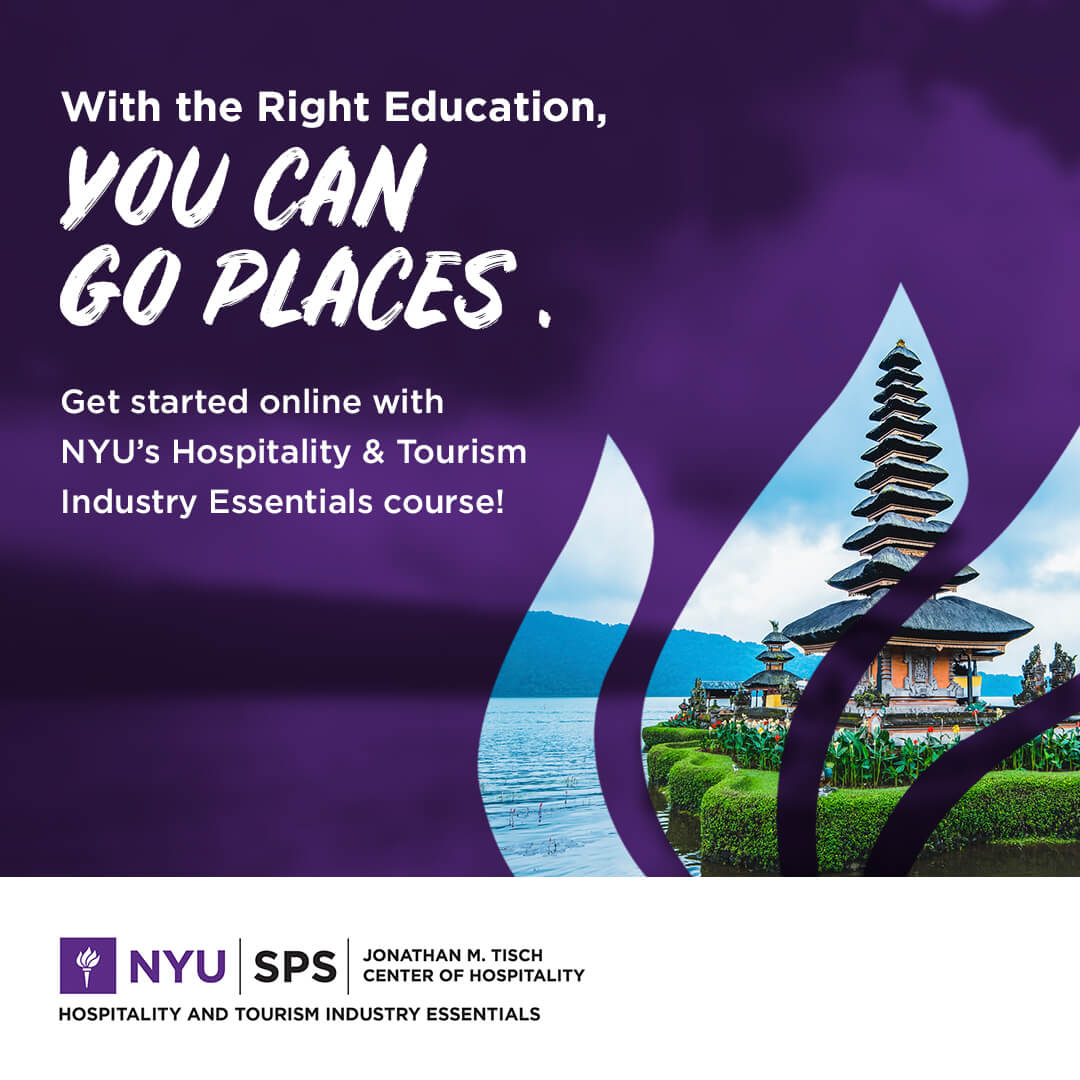In today’s digital age, social media has become a powerful tool for destination marketing. With the rise of platforms like Instagram, Facebook, Twitter, and TikTok, destinations now have the opportunity to showcase their unique offerings to a global audience in real time.
Leveraging social media effectively can significantly boost tourism, attract visitors, and enhance the overall perception of a destination. In this article, we will explore the importance of destination marketing through social media and provide valuable strategies to maximize its impact.
1. Content Creation and Curation
One of the key aspects of successful destination marketing on social media is creating and curating captivating content. Visual platforms like Instagram and TikTok thrive on high-quality images and videos that showcase the beauty and attractions of a destination.
By investing in professional photography, videography, and graphic design, destinations can create a visually appealing feed that attracts followers and engages potential visitors.
2. Engaging with Followers
Engagement is crucial in social media marketing, and destinations should actively interact with their followers to build a loyal community. Responding to comments, messages, and mentions shows that the destination values its visitors and is committed to providing excellent customer service.
Hosting interactive contests, Q&A sessions, and live streams can also increase engagement and foster a sense of connection with the audience.
3. Collaborating with Influencers
Influencer marketing has become a popular strategy for destination marketing, as influencers can reach a large and targeted audience. Collaborating with travel influencers, bloggers, and content creators can help destinations expand their reach, increase brand awareness, and drive traffic to their social media channels.
When choosing influencers to partner with, it is essential to select those whose values align with the destination’s brand and target audience.
4. Utilizing User-Generated Content
User-generated content (UGC) is a powerful tool for destination marketing, as it showcases authentic experiences real visitors share. Encouraging tourists to share their photos, videos, and stories on social media using a designated hashtag can create a sense of community and trust among potential travelers.
Reposting UGC on the destination’s official channels not only highlights the diversity of experiences but also fosters a sense of belonging among followers.
5. Leveraging Data and Analytics
Data-driven decision-making is essential for optimizing destination marketing strategies on social media. By analyzing key metrics such as engagement rates, reach, impressions, and click-through rates, destinations can gain valuable insights into the effectiveness of their campaigns.
Utilizing social media analytics tools and tracking performance over time can help identify trends, preferences, and areas for improvement.
6. Collaborating with Local Businesses and Organizations
Building partnerships with local businesses, attractions, and tourism organizations can enhance the destination’s social media presence and offer visitors a comprehensive experience. Cross-promoting each other’s content, hosting joint events, and sharing resources can create a network of support and collaboration within the destination’s community.
Destinations can attract a wider audience and increase social media engagement by showcasing the diversity of their offerings and experiences.
7. Storytelling and Brand Narrative
Effective destination marketing goes beyond promoting attractions and amenities; it involves crafting a compelling brand narrative that resonates with the target audience. By telling stories that evoke emotions, inspire wanderlust, and highlight the unique culture and heritage of the destination, destinations can create a lasting impression on travelers.
Consistent branding across social media channels, websites, and marketing materials helps reinforce the destination’s identity and differentiate it from competitors.
8. Monitoring Trends and Staying Relevant
Social media constantly evolves, with new trends, features, and algorithms shaping how content is consumed and shared. Destinations must stay informed about the latest trends in social media marketing, such as ephemeral content, live video, virtual reality, and influencer partnerships.
By adapting to changing trends and experimenting with innovative strategies, destinations can stay relevant and maintain a competitive edge in the digital landscape.
9. Measuring ROI and Effectiveness
As with any marketing effort, measuring the return on investment (ROI) and effectiveness of destination marketing on social media is essential for evaluating success and making informed decisions.
Establishing clear goals, tracking performance metrics, and conducting regular audits can help destinations assess the impact of their social media campaigns and make adjustments as needed. By setting benchmarks, analyzing results, and optimizing strategies, destinations can ensure that their marketing efforts are driving tangible results and achieving their objectives.
10. Continuous Learning and Improvement
The field of destination marketing is dynamic and requires continuous learning, adaptation, and improvement to stay ahead of the curve. Professionals in the industry should stay informed about best practices, emerging technologies, and industry trends through conferences, workshops, webinars, and online courses.
Platforms like Yellowbrick offer specialized courses in hospitality and tourism industry essentials, providing valuable insights and skills for professionals looking to enhance their knowledge and expertise in destination marketing.
Conclusion
Destination marketing through social media offers many opportunities for destinations to connect with travelers, showcase their unique offerings, and drive tourism growth. By implementing strategic approaches, destinations can maximize their impact and reach a global audience effectively.
By staying agile, creative, and customer-centric, destinations can create memorable experiences that inspire travelers and elevate their brand on social media.
Key Takeaways:
- Content creation and curation are vital for successful destination marketing on social media.
- Engagement with followers builds a loyal community and enhances customer service.
- Collaborating with influencers can expand reach and drive traffic to social media channels.
- User-generated content fosters a sense of community and authenticity among travelers.
- Data-driven decision-making helps optimize marketing strategies for better results.
- Partnerships with local businesses enhance social media presence and visitor experiences.
- Storytelling and brand narrative create a lasting impression on travelers.
- Staying informed about social media trends is crucial to staying relevant in the digital landscape.
- Measuring ROI and effectiveness ensures that marketing efforts are yielding tangible results.
- Continuous learning and improvement are essential to stay ahead in destination marketing.
For professionals looking to enhance their knowledge and expertise in destination marketing, consider taking the NYU Hospitality and Tourism Industry Essentials online course and certificate program offered by Yellowbrick.
This program provides valuable insights and skills to excel in the dynamic field of destination marketing through social media.








